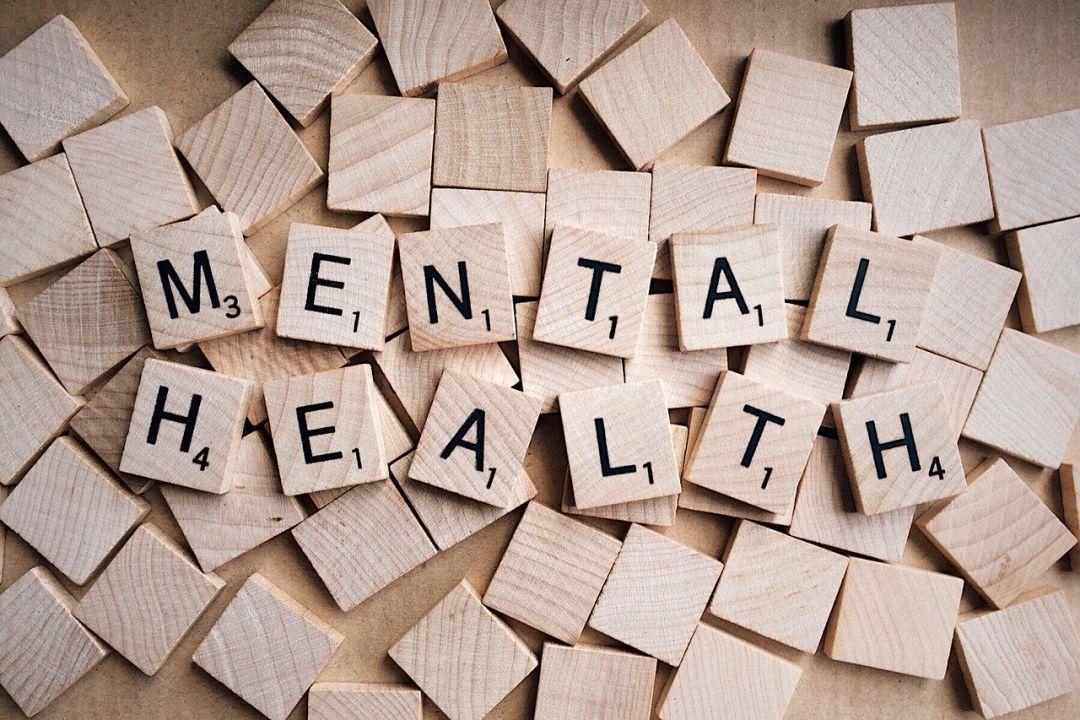Becoming a psychiatric nurse is a very specialized profession that requires a distinct skillset as well as specific knowledge to be able to perform the task well.
A psychiatric nurse helps patients who suffer from a wide array of mental health issues meaning that not only do they need the right skills, they also need the correct mindset and abilities to be good at dealing with these types of patients. Compassion and patience is a must as these types of nurses can’t allow themselves to get frustrated, but determination and authority is also desired so that they’re able to lead and inspire. There are many important skills a psychiatric nurse needs to be good at their job, here are just a few of them:
Compassion
You could be the smartest, most brilliant psychiatric nurse on the planet, but if you don’t have an ounce of compassion then you won’t get very far in the field. This is because the whole purpose of the role is to help others and try to improve their lives, therefore compassion and empathy is needed to allow you to connect with and care for the many patients you will come across during your time as a nurse.
A psychiatric nurse can expect to be sworn at and be subject to a wide array of abuse, meaning that as a nurse you need to be able to cope with this behavior and not let it cloud your judgment of the individual. Compassion is a good tool to help you see through this and better understand the patient. Compassion will also make you a better nurse as it’ll make you better at applying treatment as well as making sure that everyone is comfortable and cared for potentially reducing the risk of a malpractice suit.
You might even find it helps you in your personal life.
Resilience
This type of work can become very emotional, due to the very upsetting and challenging situations you might find yourself in. To be able to cope with this, nurses need to develop good resilience so that they can handle their feelings in a healthy and professional way. Resilience is something that can be taught after plenty of experience and is something that many courses try to work on. They do this by exposing you to clinical practice throughout the degree, allowing you to see firsthand what the role is like. psychiatric nurse practitioner programs are very hands-on for this reason, as they don’t want students to be able to hide away in a classroom and not develop this key skill. If you don’t consider yourself to be a resilient person, then this profession may not be for you as without that skill it can easily break you down and overwhelm you.
Adaptability
No day is the same as a psychiatric nurse, meaning that people training to become one need to be able to adapt to new situations, settings, and scenarios quickly. There are a lot of different things a nurse needs to master to be able to serve and help as many people as they can, therefore it’s essential that a nurse can pick up new skills quickly and not be unsettled by changing environments. Adaptability will also help nurses climb the career ladder and may make them far more attractive to employers than nurses who don’t possess this skill. It means that adaptability can open more doors and lead to better income and more varied work.
Communication
Communication is an essential skill in many nursing and medical jobs but is perhaps most important for nurses caring for mentally ill patients. This is because communication skills will allow you to be assertive and easily understood, meaning you’re able to give out instructions and guidance clearly. Communication skills also help you to be a good listener, which is very important in this line of work as listening can help you identify the comfort levels of your patients and also pick up on any problems. Furthermore, a lot of mental health patients feel isolated and lonely, so having the skills to communicate with them and simply talk to them can help them to feel a lot better and may even aid their treatment.
Problem Solving
As a psychiatric nurse, there will be problems and issues that will need to be addressed and resolved. Good problem-solving skills that include not getting overwhelmed with problems as well as critical, logical thinking can help you excel in this role and better look after those at risk and patients.













